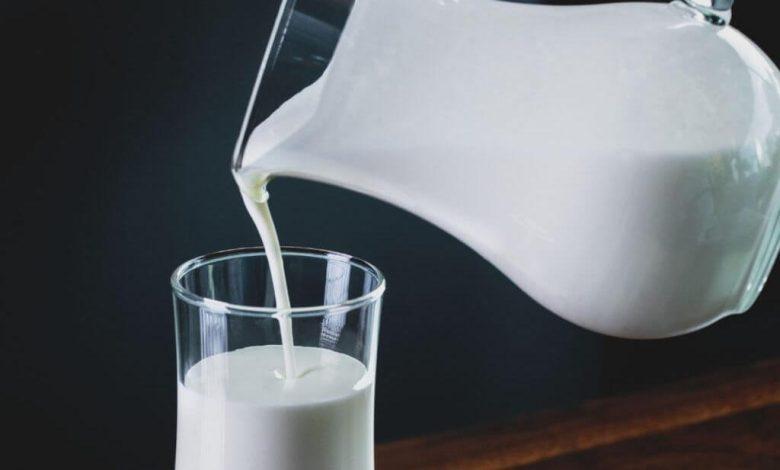Africa-Press – Tanzania. THE Tanzania Dairy Board (TDB) has announced an increase in national milk production from 3.97 billion liters in the 2023/2024 period to 4.01 billion liters in 2024/2025.
This was revealed by TDB’s Food Technology Officer, Rajilan Hilali, while speaking to the media about preparations for the National Milk Week celebrations. The event is scheduled to take place from May 27 to June 1, 2025, at Kiwanja cha Ndege Primary School grounds in Morogoro Region, under the theme: “Safe Milk for Better Health and Sustainable Economy.”
Hilali noted that despite the progress, milk production remains low due to the dominance of indigenous cattle breeds, which produce significantly less milk. “There are great opportunities for livestock keepers. There is a market in Africa. The push to increase milk production must go hand-in-hand with education and long-term strategies,” Hilali emphasized.
He also explained that the hot tropical climate in many parts of the country affects milk production, and therefore, farmers are advised to keep crossbred cows, which can yield between 10 to 15 liters of milk per day unlike indigenous breeds. “For example, regions like Iringa, Njombe, and Mbeya can yield up to 20 liters per day due to their cooler climates,” Hilali added.
Meanwhile, Said Isike, a representative of the TDB Registrar and also the Board’s Marketing Officer, said that 89,922 students from 140 schools across 10 regions in mainland Tanzania are currently benefiting from the school milk drinking program. He said the initiative aims to encourage milk consumption among children, contributing to better health and improved nutrition.
Isike listed the participating regions as Kilimanjaro, Tanga, Arusha, Iringa, Mbeya, Njombe, Mwanza, Mara, and Morogoro. He noted that the program is set to expand to more schools across other local government districts.
“This program is designed to be sustainable. Currently, it is being implemented in 140 schools, including Mafiga and Mchikichini schools in Morogoro Municipality, where several companies have set up stalls offering milk to students at subsidized prices,” Isike said. He concluded by highlighting the program’s goal to build a milk-drinking culture among students, support their health, and boost the national dairy market.
For More News And Analysis About Tanzania Follow Africa-Press







